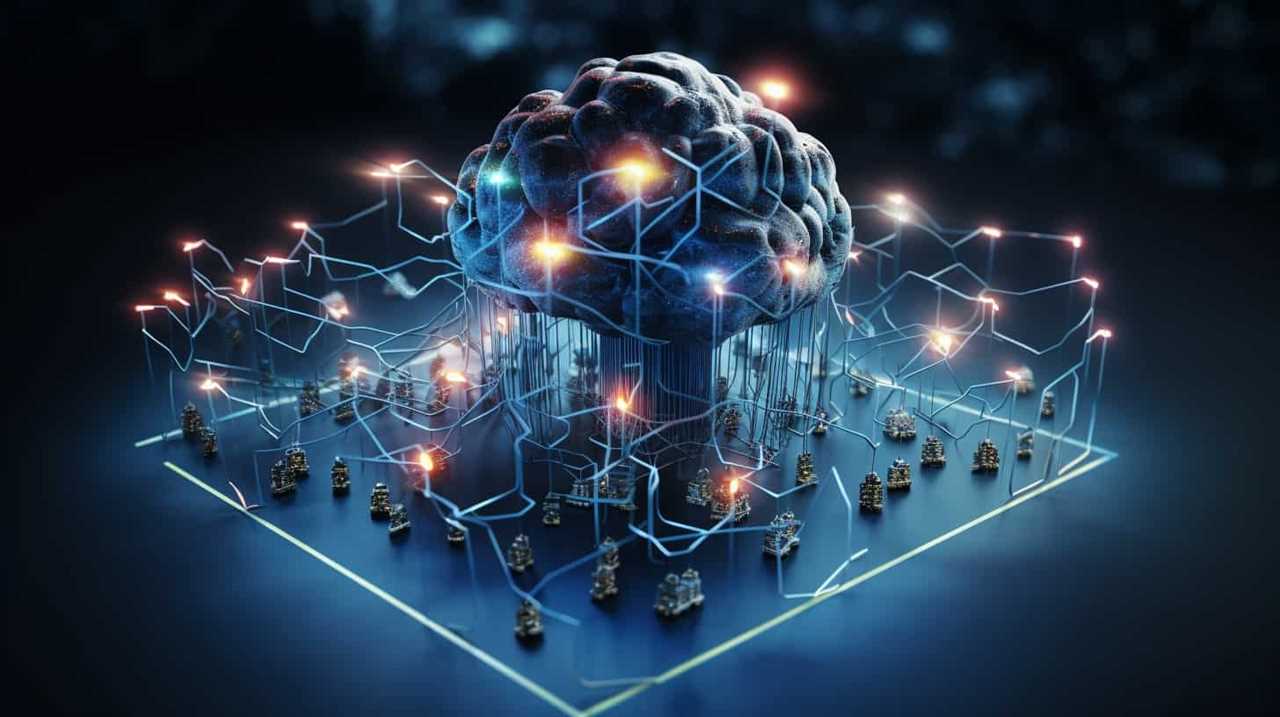Proactive Strategies for AI Security
Implementing proactive AI security measures is crucial in protecting organizations from the continuously expanding threat landscape. By staying one step ahead of potential threats, organizations can mitigate risks and protect sensitive data effectively.
The Evolution of Cyber Threats
The growing threat landscape presents security challenges that organizations must address to protect their sensitive data and digital assets. With the rapid advancement of technology, cyber threats have significantly increased in complexity and sophistication.
Benefits of Proactive AI Security
Proactive AI security leverages artificial intelligence to detect and prevent potential attacks before they occur. By using machine learning algorithms, organizations can stay ahead of cyber threats, minimizing the likelihood of successful attacks and safeguarding data effectively.
Real-World Applications of AI Security
AI security enables real-time detection of cyber threats, predictive threat prevention, and automated response capabilities. By leveraging AI, organizations can enhance their cybersecurity posture and stay ahead of cybercriminals.

Enhancing Data Privacy with AI Security
AI-powered anomaly detection is revolutionizing data protection by identifying unusual patterns and activities. By analyzing data in real-time, AI can proactively mitigate emerging risks and enhance data privacy.
Challenges and Ethical Considerations
While AI offers significant benefits in data protection, ethical concerns such as bias and discrimination arise. It’s crucial to develop transparent and accountable AI systems that operate ethically to ensure data protection remains a top priority.










